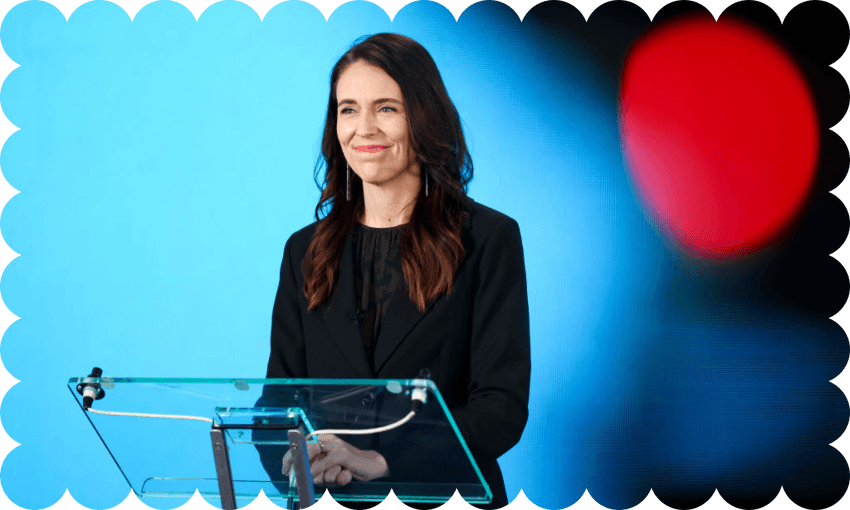Jacinda Ardern will seek to snuff out gathering clouds and regain momentum towards 2023 as the party faithful gather in South Auckland.
The Labour Party goes into full conference mode this weekend for the last time before the election and just a couple of weeks after marking five years in government.
As the default settings these days demand, just a smattering of activity has been deemed fit for media consumption: speeches from Jacinda Ardern, Grant Robertson and the outgoing and incoming party presidents, along with sessions featuring the CTU national secretary and Norman Kirk (about rather than by him, it should be stressed). The absence of the party’s deputy leader, Kelvin Davis, from the open list gave the impression of some tender nerve endings, with a message from Ardern’s office last night saying he would appear after all, spinning a “misunderstanding” in the previous schedule.
The centre-stage leads will endeavour to recount the achievements of half a decade. Low unemployment. Stable books. An increase in housing supply. Progress will be pointed to on climate change, child poverty, the structure of the health system. Cruelly, the most impressive feats of those five years, in crisis response, will be enumerated but not hollered – the accepted political wisdom is that people just don’t want to talk about Covid-19 any more.
Workplace relations minister Michael Wood can be confident of a hero’s welcome, thanks to providing the membership with a hearty apéritif in the form of the fair pay agreements – the one resounding legislative change that the party can hail as something big and Labour in every sense of the word.
Against all that, however, is a series of missteps and lost opportunities. Through three waters paddles an albatross, curled around the Labour’s neck. That wasn’t the only message from local elections, which delivered, too, a sense of malaise, a pervasive mood of grumpiness. The health system remains under great strain.
Farmers are fuming at the emissions pricing plan. Rotorua is aghast at motels remade as emergency housing. Worker shortages everywhere. Blocked immigration pipes. Ram raids. And nobody mention Kiwibuild. The cost of living crisis can be attributed in large part to the global weather, but the government is the government. Given all of the above it is a surprise that bad polling, which puts the party at its lowest ebb since the earliest days of the sixth Labour government, isn’t worse.
Because, for Labour, it absolutely could be worse. The four biggest parties have broadly shuffled into two alternatives, and the blocs are not separated by a lot. Delegates will cross their fingers that the gap won’t widen, that it is always darkest before the dawn.
That sun will rise, they’ll hope, with a sugary glow around budget-time – perhaps even a Labour style tax cut, in the form of removing income tax entirely for the first 10 or so thousand dollars. But that won’t be this weekend, where any policy pledge is likelier to take the shape of something more familiar, such as an expansion of the lunches in schools programme or a tweak to the family tax credit.
As National prosecutes its epic “Labour’s biggest fail” campaign, the strains of relentless positivity are likely to recede even further. For the leader of the opposition to the opposition, Grant Robertson, it’s relentlessly combative, challenging Christopher Luxon on where the money is coming from and, as long as the plan to cut the top tax rate is concerned, relentlessly positing “Liz Truss”.
For all the vacuous conjecture that she is about to resign – whether prompted by hunch, wishful thinking or emotional projection – and for all the noisy, poisonous and anonymous invective hurled at her, Jacinda Ardern remains by some distance the brightest, most substantial star in the Labour universe. Her challenge now, in the face of an electorate afflicted by a streak of ennui, is turning the momentum again in her party’s favour. To do that requires pointing to something hopeful around the corner – her version of John Key’s own brighter future, his cusp of something special.
After the relentless positivity and let’s-do-this-ness of 2017, and the team of five million energy of 2020, the challenge is to cut through the massing clouds with a beam of aspiration and optimism into 2023.
Follow our politics podcast Gone By Lunchtime on Apple Podcasts, Spotify or your favourite podcast provider.





